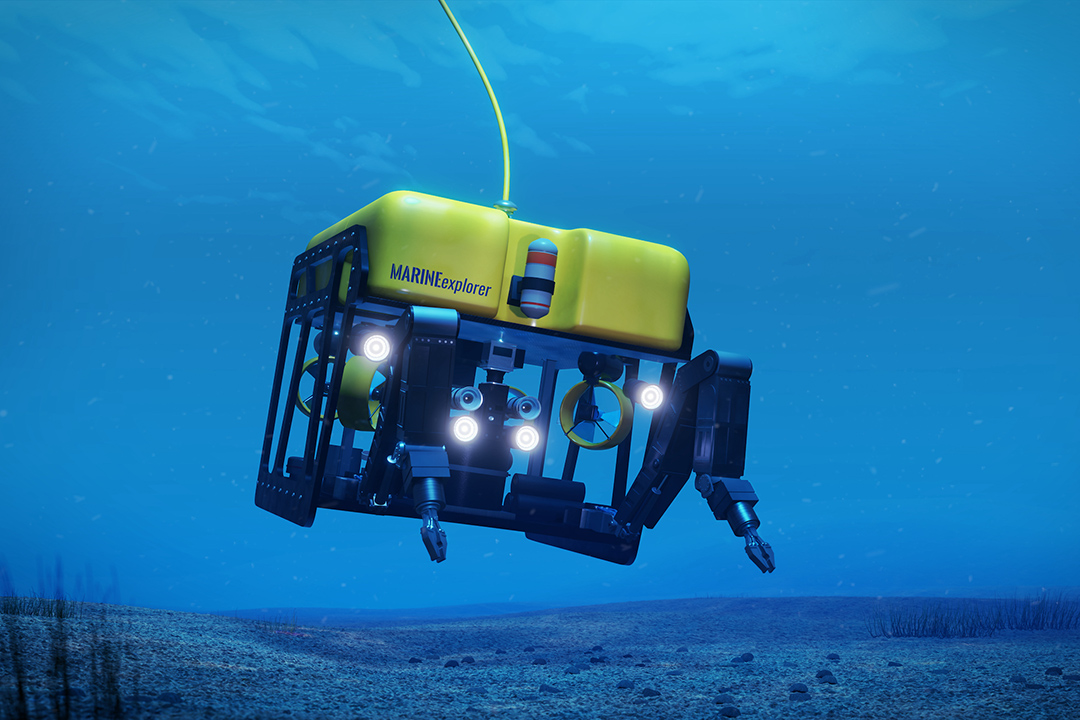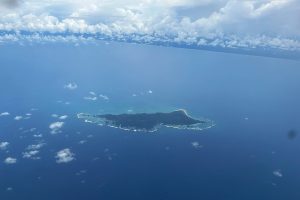International Seabed Authority (ISA) Council members added new issues to “the already complex and interlinked group of elements” they need to agree to advance in the negotiations on the exploitation regulations for deep-sea mining. The “roadmap for further work” ISA members are working under comes to an end in July 2024.
According to the Earth Negotiations Bulletin (ENB) summary report of the 29th session of the ISA Council, the prospect of commercial deep-sea mining has increasingly generated environmental and socioeconomic concerns. It is in this context that “the work of the ISA as regulator of the seabed, ocean floor, and subsoil thereof, and its mineral resources comes into the spotlight.”
Those in favor of a prompt adoption of the commercial mining regulations, ENB explains, point to the supply of nickel, manganese, cobalt, and copper found in the polymetallic nodules in the deep seabed, needed to support a worldwide energy transition.
Yet, 25 states to date have joined the call for a moratorium or precautionary pause on deep sea mining. They cite the need to protect the ocean, which is already facing numerous challenges, including overfishing, acidification, pollution, and biodiversity loss. “They also call for acquiring sufficient scientific evidence on the unknown deep-sea ecosystems prior to permanently destroying them,” ENB reports.
The deep seabed is the common heritage of humankind. The task of balancing the regulations for commercially exploiting it while delivering benefits for all against ensuring the effective protection of the marine environment “is not likely to be solved in the coming months,” ENB underscores.
The two-week meeting achieved some progress, managing to discuss one-third of the draft regulations contained in a consolidated text members had before them for the first time. Member-led intersessional working groups will continue deliberations on several outstanding issues.
During the session, the Working Group on the environment discussed conceptual views on the environmental compensation fund, test mining, environmental impact assessments (EIAs) and the environmental impact statement (EIS), and regional environmental management plans.
The Working Group on institutional matters focused on effective control. The Working Group on financial issues discussed conceptual issues regarding the use of incentives, royalty payments, profit share in the case of transfer of rights, and environmental externalities and ecosystem valuation.
Thematic consultations considered equalization measures, the compliance committee under the inspection mechanism, and intangible underwater cultural heritage. The Council also discussed the right to protest in the high seas and the contractor’s right to conduct authorized activities in the area. “This topic emanated from a Greenpeace protest in an exploration contract area of Nauru Ocean Resources Inc. (NORI) in the Clarion-Clipperton Zone in the Pacific Ocean,” ENB analysis of the meeting notes.
The ISA Council convened for the first part of its 29th session in Kingston, Jamaica, from 18-29 March 2024. [ENB Coverage of First Part of ISA’s 29th Annual Session]

